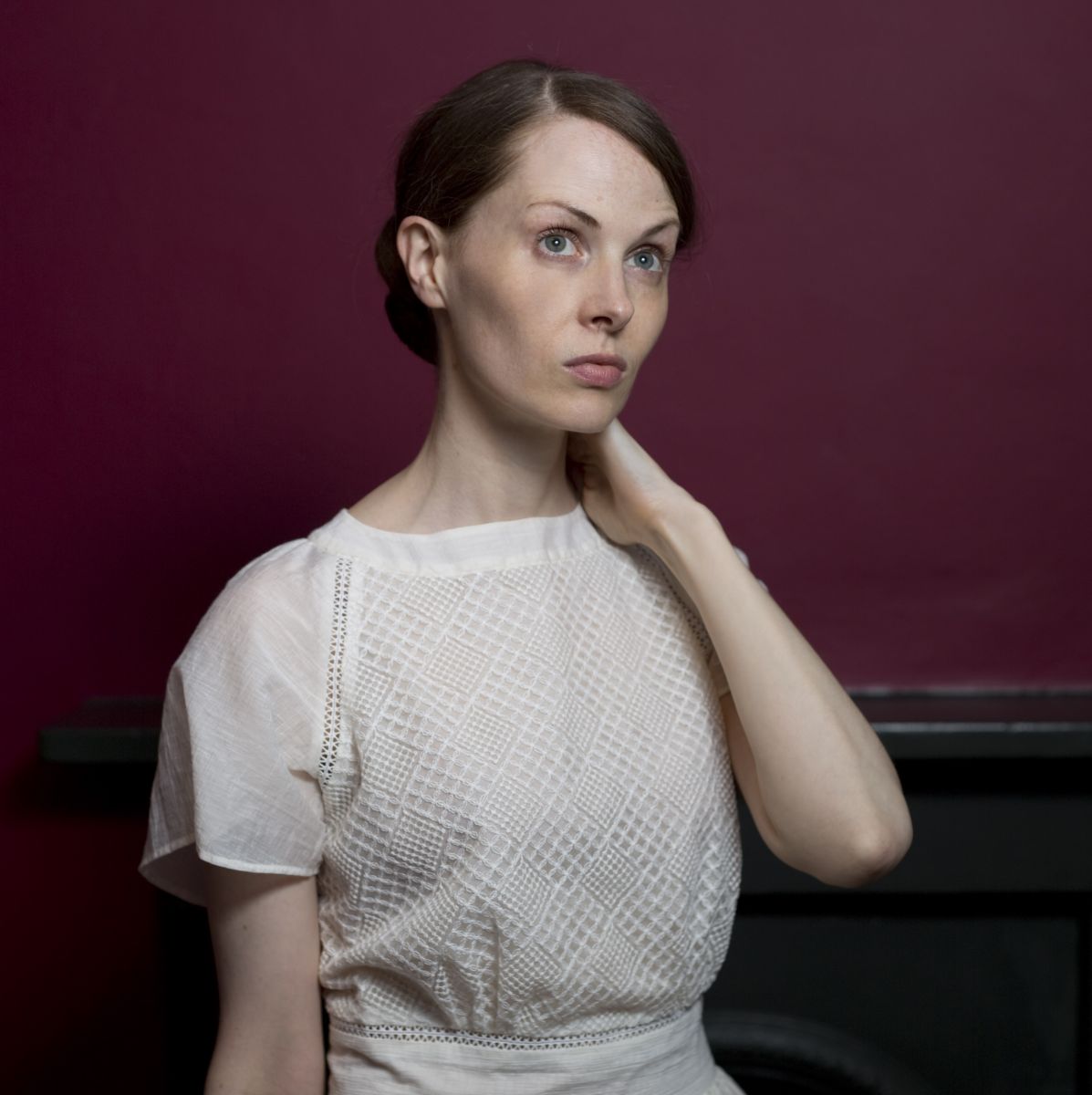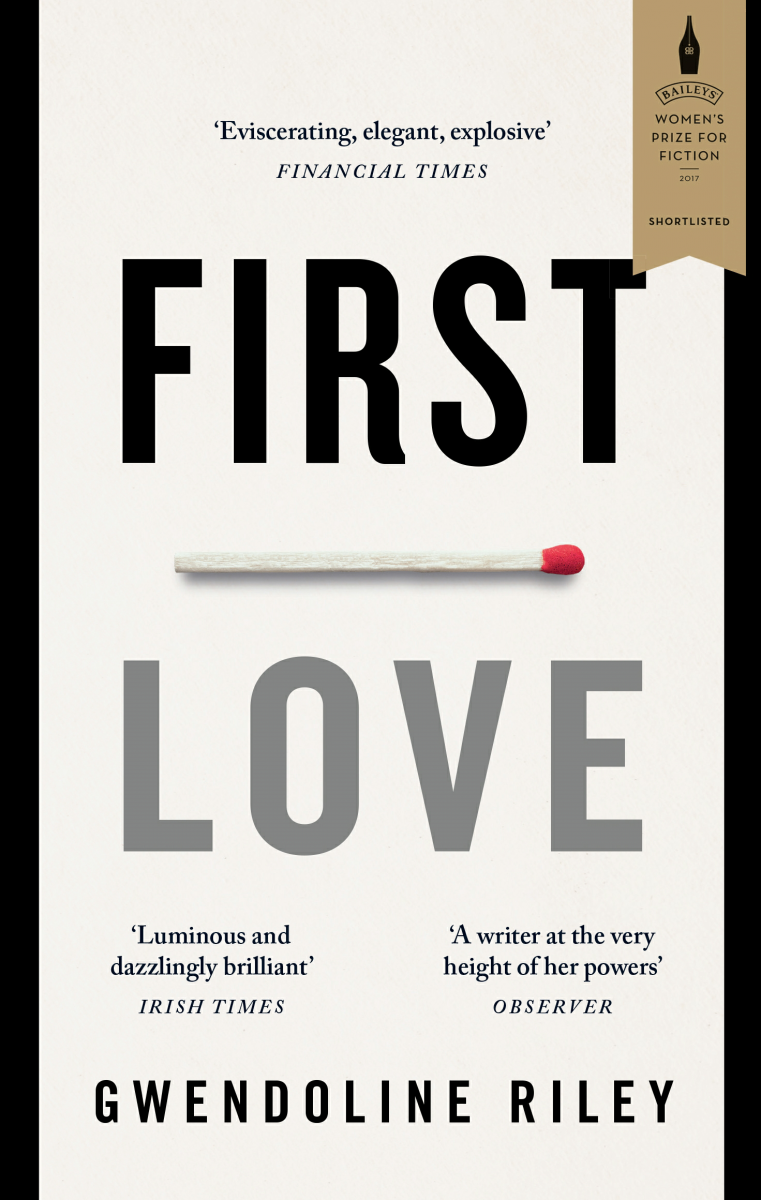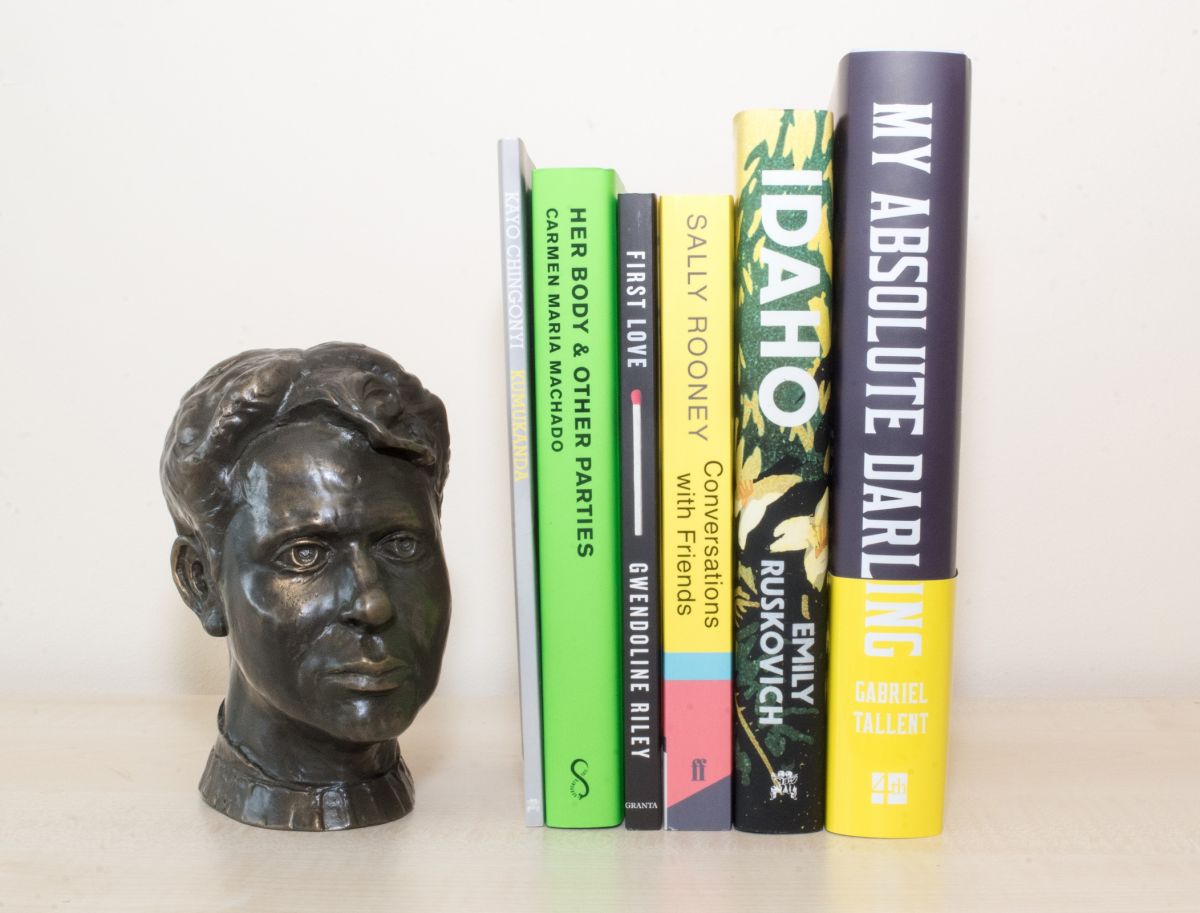You are viewing your 1 free article this month. Login to read more articles.
Love at First write: Gwendoline Riley Q&A
Gwendoline Riley’s fifth novel, First Love (Granta), was shortlisted for the Bailey’s Prize, the Goldsmiths Prize and now the 2018 Swansea University International Dylan Thomas Prize.
A compelling tale of toxic love, we caught up with Riley to discuss her inspirations, current project and favourite titles of 2017.


How does it feel to be shortlisted for the Swansea University international Dylan Thomas Prize?
It feels good. I’m delighted.
What inspired First Love?
I don’t know that I was inspired so much as compelled. Here is a woman trying to sound out her life, once and for all – which one can’t ever do. But I was interested in somebody making the attempt.
How was it grappling with the complexities of such a toxic relationship? Did you purposefully keep the book short to counterbalance the heavy subject matter?
Complexities are what make writing interesting, so I found the work rewarding. I’ve always written short books. I tend to know when they’re finished. Your question made me think of this joke, from Annie Hall:
"Two elderly women are at a Catskill restaurant. One of them says, 'Boy, the food at this place is just terrible.' The other one says, 'Yeah I know. And such small portions.'"
There are few moments of light relief – was this a conscious choice?
I can’t say that it was a conscious choice. That said, I thought it was funny when I was writing it and I’m glad some people agree. Human beings are incorrigible, and that can be funny as well as upsetting.
Who or what are your main influences and inspirations?
Influences – that’s too hard to say. Inspirations - although you might not think so from reading my short books, I love Thomas Hardy, the great Russians, DH Lawrence. Chekhov is my favourite writer. I like Margaret Drabble, Elena Ferrante, Edna O’Brien…
First Love is your fifth novel. Do you see this title as a progression of your previous work or something completely independent? Have you found the writing process has gotten easier with each novel or more difficult?
It’s both. Each book is a progression and independent of the others. Easy and difficult aren’t words I would apply to the writing process. It just is. I’ve been doing it such a long time.
Are you working on anything new at the moment?
I am. Another novel. I hope to hand that in later this year.
Finally, what was your favourite book of 2017?
It was an old book, but new to me: For Two Thousand Years by Mihail Sebastian.

You can read about the full shortlist here.










